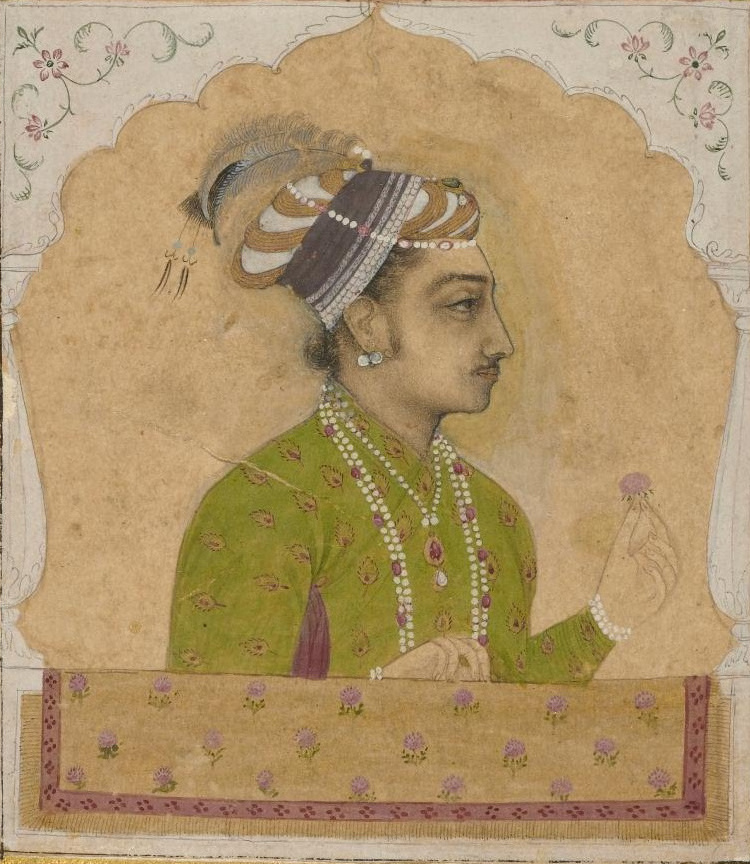One of the most distinctive aspects when dealing with religious history from a transnational and transcultural perspective is the history of translations of religious texts. Particularly core texts of religious traditions were often in the centre of activities to present them in a different language from the original and in differing cultural contexts, either for the purpose of communicating its content to prospective new believers or to get first-hand access to a “foreign” religious tradition and its content. The present talk is dealing with two famous cases of the second kind, namely the first translations and interpretations of the Indian Upanishads in a Muslim and a Christian cultural setting. Both enterprises are closely related to each other by a fascinating history of textual transmission. The first case is the Persian treatise Sirr-i akbar (literally, “the greatest secret”) which was initiated and supervised by the ill-fated Mughal prince Dārā Shukūh (1615–1659). It formed the basis of the first translation of the Upanishads into a European language, namely the famous Oupnek’hat, which was composed by the eminent philologian and “first Orientalist” Abraham Hyacinthe Anquetil-Duperron (1731–1805). The talk will provide an in-depth analysis of the two approaches by comparing the respective “introductions” to these translations (the dībācha, “preamble”, in the case of the Persian text, and the dissertatio, “treatise”, of the Oupnek’hat). Although raised and educated in different cultural contexts both interpreters were motivated by a common search for a “lost book” that would convey the ultimate expression of religious truth or the idea of the absolute “oneness” of the first principle, viz. “Allah” or “God”. Their quest found its peak in the “discovery” of the Upanishads.
Begin of page section:
Page settings:
End of this page section. Go to overview of page sections
Begin of page section:
Search:
Close
End of this page section. Go to overview of page sections
Search
Begin of page section:
Main navigation:
Page navigation:
- University
University
Developing solutions for the world of tomorrow - that is our mission. Our students and our researchers take on the great challenges of society and carry the knowledge out. - Research Profile
Research Profile
Scientific excellence and the courage to break new ground. Research at the University of Graz creates the foundations for making the future worth living. - Studies
Studies
Where is the best place to study? At the University of Graz. In an inspiring atmosphere of learning and research. With about 120 studies to choose from. For your way to the future. - Community
Community
The University of Graz is a hub for international research and brings together scientists and business experts. Moreover, it fosters the exchange and cooperation in study and teaching. - Spotlight
End of this page section. Go to overview of page sections
Begin of page section:
You are here:
University of Graz Faculty of Catholic Theology Department of Religious Studies News Searching for the hidden “One”: Muslim and early European interpretations of the Upanishads
End of this page section. Go to overview of page sections
Begin of page section:
Additional information:
End of this page section. Go to overview of page sections
End of this page section. Go to overview of page sections
